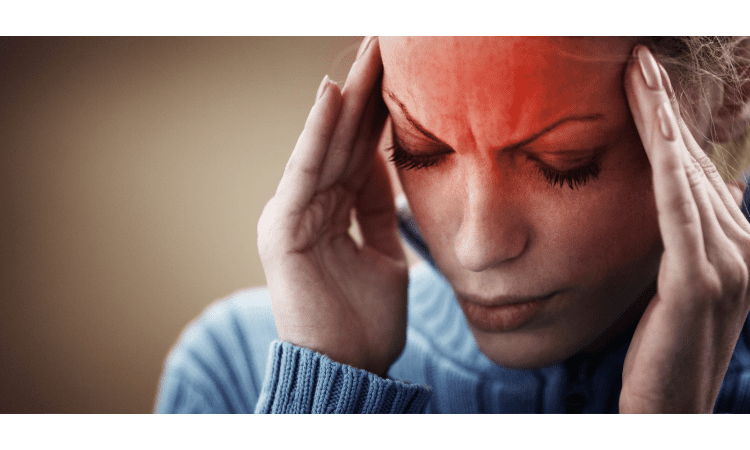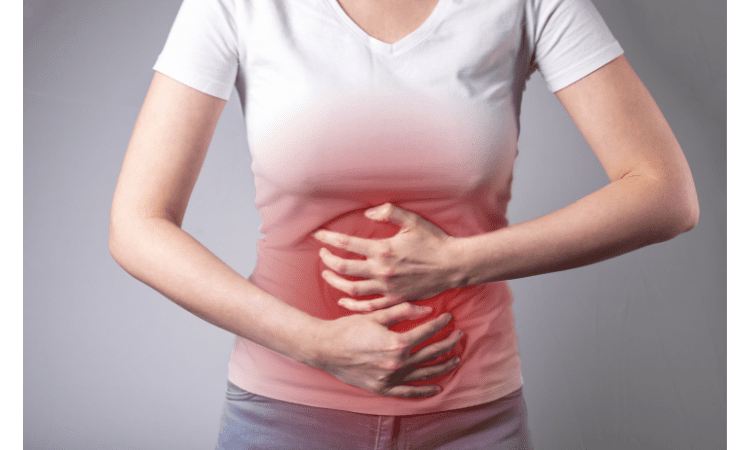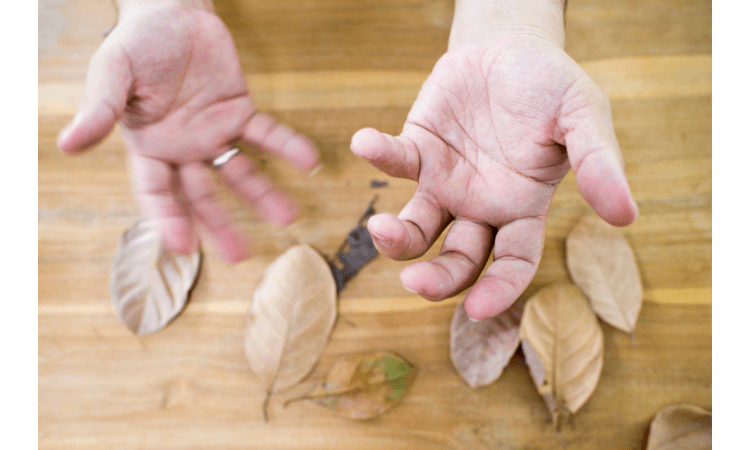
We may feel like caffeine is our best friend, but the reality is it can be a problematic substance. In fact, as much as 90% of Americans consume some type of caffeine every day. There are many reasons why we love this drug so much, including the fact that it’s an easy way to gain energy or stay awake when your head feels like it weighs a thousand pounds. But there’s a dark side to caffeine, too. It’s important to know what happens in your body when you drink coffee or something else caffeinated and how caffeine affects your health. Here are some ways that caffeine can hurt you—and what you can do about them:
Headaches

Caffeine can cause headaches. As a vasoconstrictor, caffeine causes blood vessels to narrow, which is why you may feel the headache. It can also cause dehydration: since caffeine is a diuretic (it makes you urinate more frequently), drinking excessive amounts of coffee without enough water intake can lead to dehydration. Additionally, caffeine can be absorbed through the skin as well; if you spill some coffee on your hand or arm, it could potentially cause a headache as well.
Irritability

If you’re feeling irritable, it might be because of the caffeine in your coffee. Caffeine can make you feel more nervous and restless. It may also cause you to have trouble concentrating.
You may experience a feeling of restlessness or jitteriness when you consume too much caffeine. You might notice that you have trouble sitting still, or that things around you feel slightly out of focus. If this happens to you, take a break from drinking coffee until the symptoms go away—it’s best not to risk making them worse by continuing to drink caffeine when it makes your symptoms worse!
Sleeping problems

Caffeine can disrupt your sleep cycle.
When you consume caffeine late in the day, it can interfere with your body’s ability to wind down and fall asleep. The stimulant effect of caffeine lasts for about six hours after you consume it, so if you drink coffee at midnight and then try to go to sleep soon afterward, you’ll likely experience problems falling asleep or trouble staying asleep throughout the night. Furthermore, research suggests that consuming too much caffeine may increase the risk of developing insomnia as well as other sleep disorders such as restless leg syndrome (RLS) and sleep apnea.
Heart palpitations

While caffeine is known to increase the rate at which your heart beats, it’s usually not enough to cause palpitations. For example, if you consume more than 500 milligrams (mg) of caffeine—about five cups of coffee—in a day and experience symptoms such as an increased heart rate or chest pain, it could be a sign that you have too much caffeine in your system. If these symptoms persist after reducing your intake of coffee or other caffeinated beverages and foods, give yourself some time off from caffeine altogether to see if the problem goes away on its own.
Gastrointestinal distress

Caffeine can also cause gastrointestinal distress. In addition to the stomach pain, nausea and vomiting that accompany caffeine consumption, caffeine can also lead to such conditions as heartburn and constipation.
However, it’s important to note that while caffeine can be a culprit in many of these unpleasant digestive issues, other things may be at play as well. For example: if you drink coffee before meals every day, you may notice an increase in acid reflux symptoms only when you stop drinking coffee for a few days or weeks at a time; this is because the body has adapted to your routine and needs more time adjusting once it changes again (and vice versa). Additionally, certain medications like those used for acid reflux disease can worsen any symptoms that may arise from caffeinated beverages like coffee or tea—so always check with your doctor if you’re worried about any potential side effects from drinking caffeinated beverages!
Dehydration

The next time you reach for a cup of joe to get through an afternoon slump, you might want to reconsider. A few cups of coffee in the morning may be enough to cause dehydration. The reason why is simple: caffeine is a diuretic, which means it makes you pee more often and more intensely than usual. This leads to dehydration, which can cause headaches and make it difficult for you to function properly. If you drink excessive amounts of coffee every day or consume caffeinated beverages throughout the day, then this could become a serious problem for your health over time—especially if you’re not drinking enough fluids (and thereby hydrating yourself) along with all those cups o’ joe!
Tremor

Tremor is a shaking of the hands or fingers. It’s not uncommon to experience tremors from time to time, especially if you’re stressed out or exhausted—but sometimes tremors can be a sign of a serious medical condition. If you notice that your hands are shaking when you’re under stress, it might be worth speaking with your doctor about whether there’s another cause for your symptoms.
If you feel like something is wrong with yourself after drinking too many caffeine-packed energy drinks or coffee, talk to your doctor as soon as possible.
Agitation

Caffeine can make you feel nervous, jittery, and tense. It can also make you feel like you need to move around and do something. This happens because caffeine increases blood pressure and heart rate, making the body release adrenaline into the bloodstream in response. Adrenaline is a hormone that causes your system to fight or run away from danger, preparing it for action! it also acts as a stimulant for our central nervous system.
Heartburn

Heartburn is a feeling of pain in the chest, sometimes accompanied by a burning sensation. When heartburn occurs, it’s often because your stomach acid has risen up into your esophagus, where the lower esophageal sphincter (LES) keeps it from coming up any further.
Caffeine can increase the production of stomach acid and worsen an existing case of heartburn. This can make you feel like you’re having an attack without warning—and unlike other types of heartburn, caffeine-related heartburn doesn’t respond as well to over-the-counter medications like Tums or Rolaids. To minimize this reaction on your body.
- Don’t drink coffee within two hours of bedtime; this will give the caffeine time to wear off before you go to sleep so that it won’t keep you awake all night with indigestion and bloating.* Drink lots and lots of water throughout the day; don’t just have one big glass before bedtime because dehydration is another major cause of nighttime indigestion. Avoid chocolate as much as possible; its high sugar content exacerbates symptoms when added on top of high levels.
Diarrhea

Caffeine can also cause diarrhea. This is because caffeine causes dehydration by stimulating our kidneys to produce urine more quickly than normal.
This effect of caffeine on the body can be especially dangerous if you’re already dehydrated because it will exacerbate the problem. For this reason, it’s a good idea to drink lots of water when you’re consuming caffeinated beverages.
Conclusion
If someone is a caffeine lover, the good news is that it’s generally fine to enjoy up to 400 mg per day. To put this into perspective, this would be equivalent to about four cups of brewed coffee. So, if anyone loves his morning cup of joe—or afternoon cup or tea!—there is no need to worry. But if they are experiencing symptoms such as rapid heartbeat or jitters from excessive caffeine intake, it may be time to cut back on the amount of caffeine they consume each day. Consuming caffeine during pregnancy should be done after a consultation with a doctor.
Also Read :- Health Benefits of Coffee vs Tea











